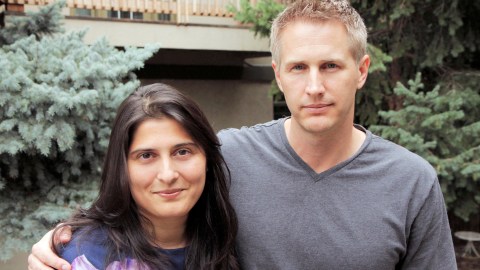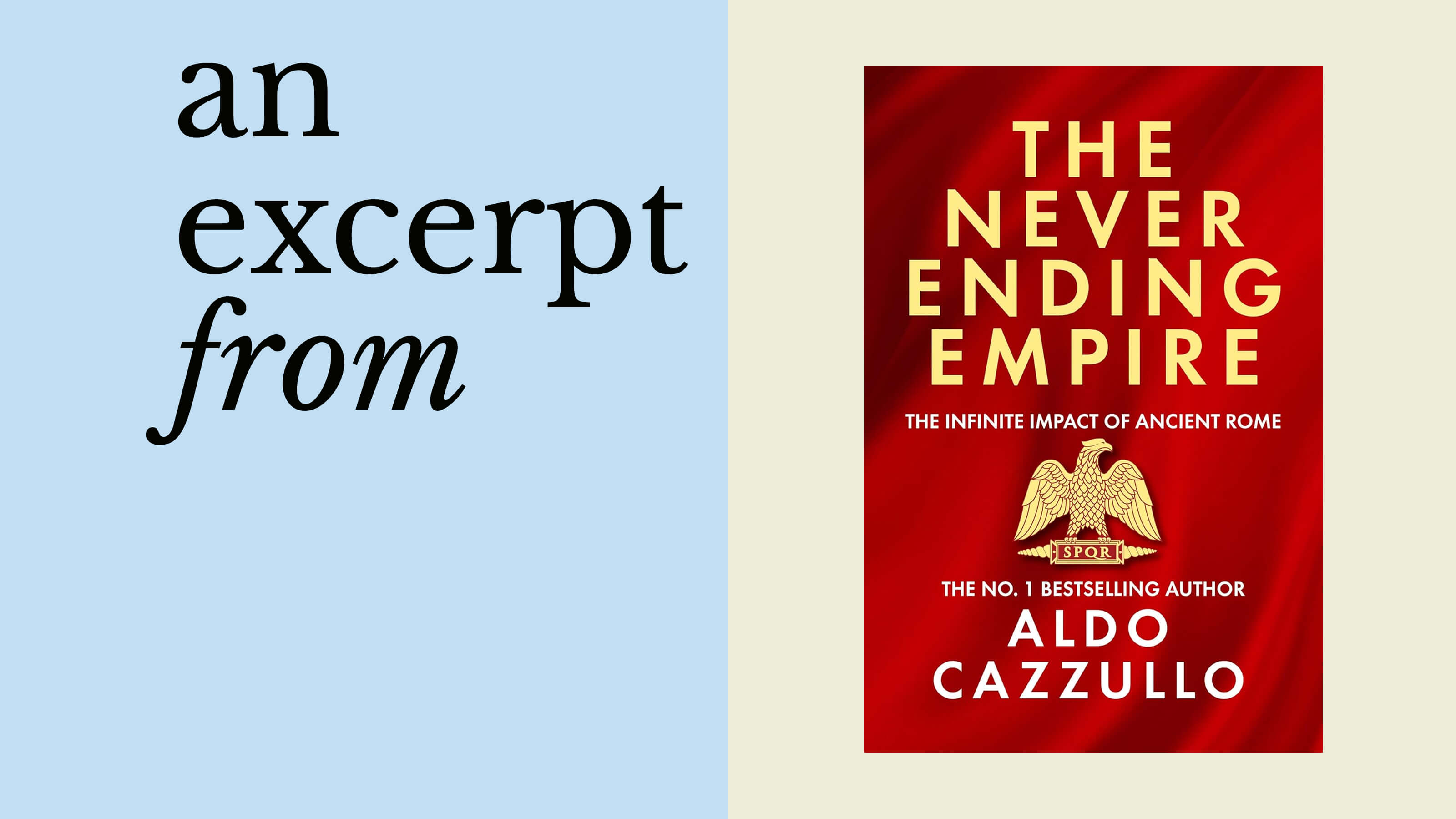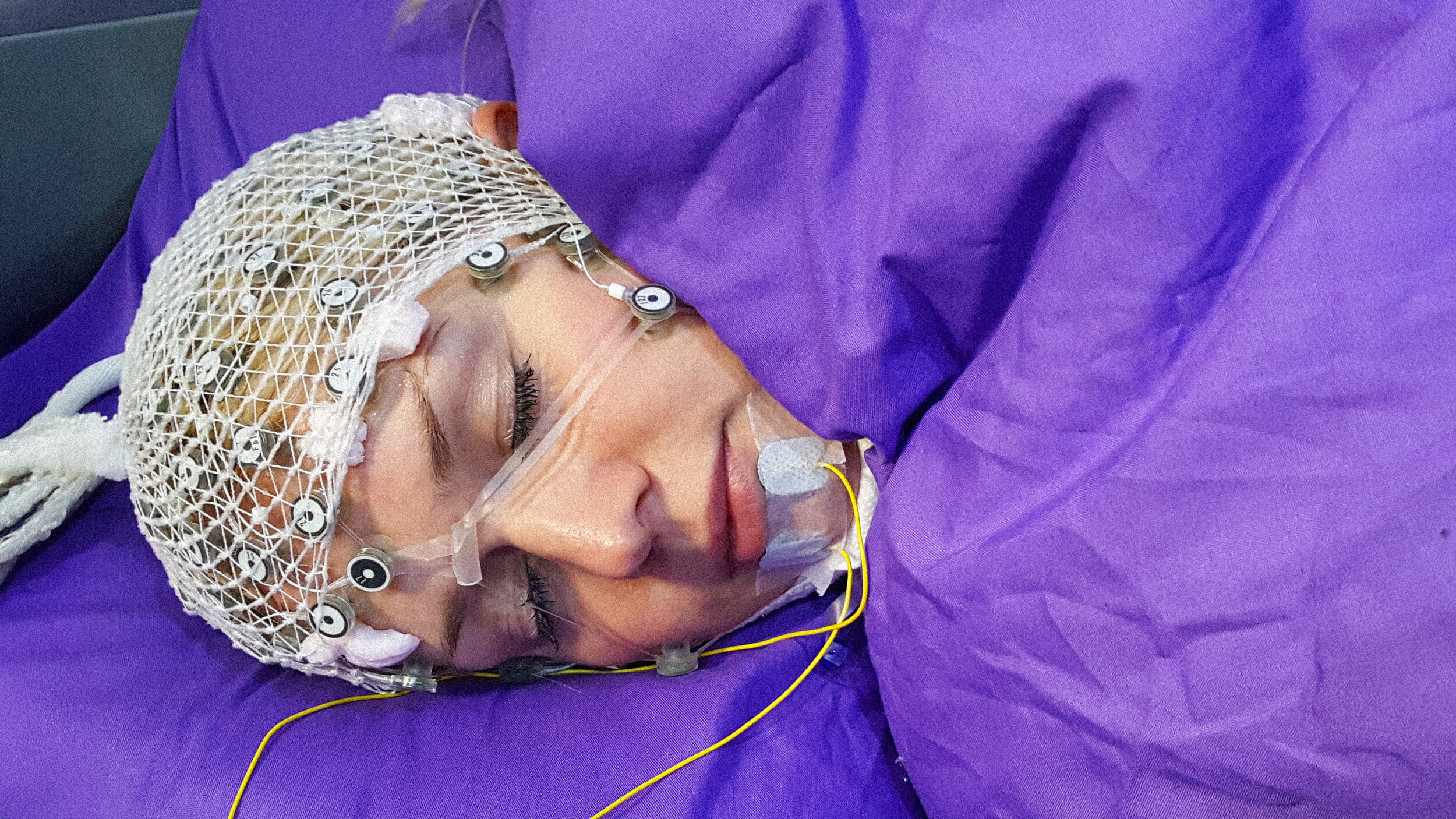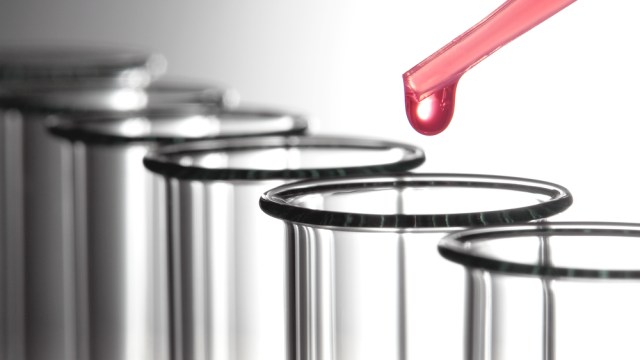How An Oscar Can Change the World

Sharmeen Obaid-Chinoy and Daniel Junge shined a spotlight on Pakistani women who endured the physical and emotional pain of acid attacks in the documentary Saving Face. The filmmakers followed Dr. Mohammed Jawad, a London-based plastic surgeon who treats two women, Zakia and Rukhsana, after their husbands attacked them with acid and left them scarred and disfigured.
With an Oscar win for Best Documentary Short, the spotlight is now on the directors. Big Think caught up with the duo recently to talk about storytelling, women and how an Oscar could lead to positive change in the world.
What was the “Aha!” moment that made you think this is a good story?
Daniel Junge: I knew about the incidents of acid attack, but didn’t think I was going to make a film. The ‘aha moment’ came when I was listening to a BBC radio story on Katie Piper who was an aspiring model who was attacked with acid on the streets of London. I heard that her surgeon’s name is Dr. Mohammad Jawad. I called him and I asked him if he knew about this phenomenon and he said that he is Pakistani and had been going back and forth to help these women. I immediately knew that there would be a compelling film there.
Sharmeen, when Daniel pitched this to you, what told you that this would be something special?
Sharmeen Obaid-Chinoy: When I saw the first frame of the first trailer that he had sent me. It was an image of a disfigured woman. I looked at it and I was thinking my God, this is happening in my country. I should do something about it and I can do something about it. I’ve never worked on anyone else’s project, but when I saw it I said this film has to be made.
What was the image you see on that trailer?
Sharmeen Obaid-Chinoy: It was Zakia. For me, it’s the fact that Pakistan can produce someone like myself, but also produce someone like Zakia. The onus is on women like myself to ensure that those women have a voice.
What do you look for in a good story?
Daniel Junge: A lot of people think that social justice filmmakers like myself just think of an issue out of the blue, like ‘wow, I want to go unveil this issue.’ I don’t think it’s that way at all. You need to see an avenue. You need to, in your mind, project forward how the story might unfold. There is no way that you’re going to convince audiences of an agenda unless you can tell a compelling story. You have to first and foremost be attuned to where the great stories are.
What elements makes for a good documentary, as opposed to a print, radio or photography?
Daniel Junge: You need a beginning, middle and end, where as with print and photography you don’t necessarily. The best documentary films are constantly surprising you as you move along. So the challenge as a filmmaker is to keep finding ways to keep the audience on the line and not feel like they’ve figured out the film from frame one.
Sharmeen Obaid-Chinoy: I take a different approach. I choose my stories based on my barometer of anger. When something makes me really angry, I know that it is the film I need to make. If you look at my repertoire of films I’ve made and things I’ve done, it’s always about things that people don’t want to talk about and don’t want to highlight.
How did you get the women to open up to you?
Daniel Junge: It was Sharmeen and her ability to empathize with these women and to speak to them in their language. They just immediately opened up to her in a way that they wouldn’t have with me. Furthermore, they saw us as a microphone to tell their stories. These women want to be heard.
Sharmeen Obaid-Chinoy: Dr. Jawad was a great conduit into the film. He introduced us to Zakia. Having him helped immensely.
How did you build trust with these women?
Sharmeen Obaid-Chinoy: I’ve done a lot of films with women who have been disfigured. The thing about working with women who have such low self esteem and shame is that you have to bond with them on a woman-to-woman level. At the end of the day, it’s the luck of the draw. I could have been born on that side. It could have been me. We come from the same country. Talking them through the fact that this could have happened to anyone and showing them they could become the champions of this cause.
But most of all, what helped was hanging out with them. We spent a lot of time in the safe house with them. We shared meals with them.
How did you get the husbands to open up? Was that harder?
Sharmeen Obaid-Chinoy: The thing about getting access to men who think that what they’re doing is right, it’s pretty simple. They feel like they’re telling us their side of the story. We gave them an opportunity to tell us what they thought. In doing so, they shot themselves in the foot a hundred times. We just asked them the simple questions. When a man turns around and tells you that 99 percent of the women in a burn ward have self-inflicted injuries, you really want to knock them out.
How does winning an Oscar and knowing that a film can be the impetus for so much positive change in Pakistan affect the way you perceive other projects?
Daniel Junge: I’ve never seen this potential reach on an issue before. Having this kind of platform, as a social justice filmmaker, makes you wonder how much impact you can actually have. I can only hope that we can tackle other equally important subjects and that we will get this kind of audience again.
Sharmeen Obaid-Chinoy: I am making an animated series for children in Pakistan and it’s about super heroes. It’s three kids with super powers and they’re trying to change Pakistan.
The United Nation’s theme this year for International Women’s Day is Empower Rural Women: End Hunger and Poverty. Based on your experiences with these women, what do they need most to empower themselves in a way that will give them the ability to leave the confines of an abusive marriage?
Sharmeen Obaid-Chinoy: They need education. If a woman has an education, she can work and empower herself. Economic empowerment is extremely important to break the shackles of an abusive marriage.
Daniel Junge: I think we need more Oscar-winning female directors from developing countries. How cool is that? It’s such a great icon.
And what do men need to do to help women?
Sharmeen Obaid-Chinoy: Men also need education. Women cannot make changes in these societies without the support from the men in her life. I always say the men in my life play a very important role, starting from my father to my husband. Being a feminist, I’ll say this: You do need them to support you, especially in countries of the developing world.
Saving Face will premier on HBO tonight, at 8:30 p.m.
Photo courtesy of HBO





